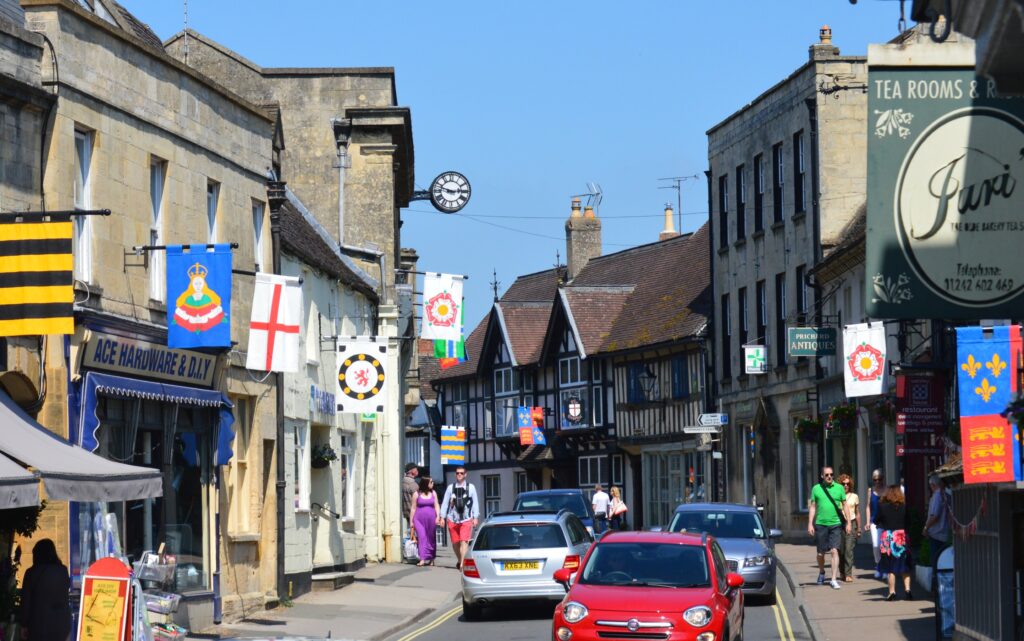The CCRI has been working with Stroud District Council to tackle floods and help wildlife on the streams of the Stroud valleys. Instead of spending hundreds of thousands of pounds on concrete and steel structures, it has been using trees and other natural features to reduce the risk of flooding in the area.

Working with local land owners, natural flood defence structures have been built in the headwaters of the Slad Brook and Painswick Stream and this week Stroud District Council released a film (produced in partnership with the CCRI) about the project and its work with local communities.
Over 60 individual natural flood defences have been constructed with many more due to be built this year. The cost of the work is much lower than engineered and hard flood defences and the structures fit well within the landscape.
Chris Uttley, who is managing the project for Stroud District Council, said:
“Sustainable drainage systems have been in use in the built-up environment for a number of years now and this project uses these same principles but on a much larger scale. The overall aim is to reduce flood risk, improve water quality and restore wildlife. “We are using a wide range of natural flood management techniques, including the building of large woody leaky dams across streams, excavating dry ponds and diverting flood water into natural soakaways. Some structures work by spreading water over the neighbouring land, others act like baffles, physically slowing down flood flows. All the structures provide great habitats for wildlife, reduce the amount of silt travelling downstream and importantly, slow the rate at which floods travel down the valleys, lowering the peak water height”
The scheme, known as the Rural Sustainable Drainage System (RSuDs), is being funded by the Severn and Wye Regional Flood and Coastal Committee. Stroud District Council is leading on the project with Gloucestershire County Council and the Environment Agency.

The project has also built strong links between local residents, landowners and local organisations.
CCRI’s Chris Short said:
“The university and the CCRI in particular are delighted to work with the Stroud Rural SuDS project to develop the film. The project is such a good example of involving the local community to understand the issues and work towards a solution. Over time there will be multiple benefits not just for the local communities but for the environment and landowners as well.”
The film was produced by Antony Lyons, who spent a year as the CCRI Artist in Residence, supported by a Leverhulme Fellowship grant for a project called Sabrina Dreaming. Visit Sabrina Dreaming blogspot for more information.
Stroud Rural SuDS Project – short film taster
Go to Stroud District Council’s press release.
For more information on the project, please contact Chris Short: Email: cshort@glos.ac.uk. Tel +44 (0) 1242 714550




